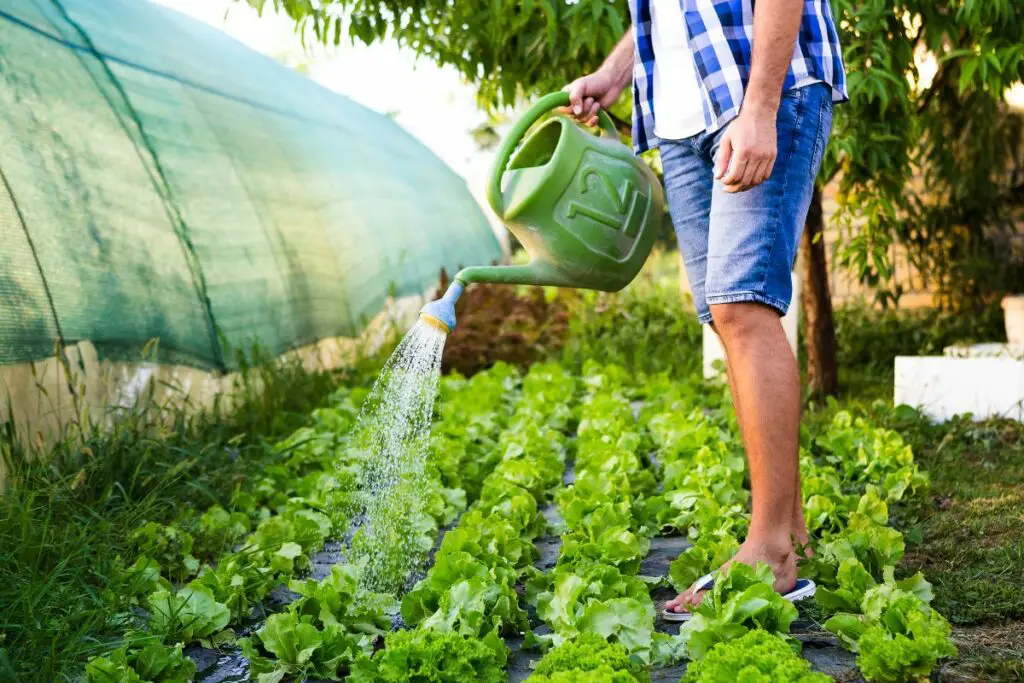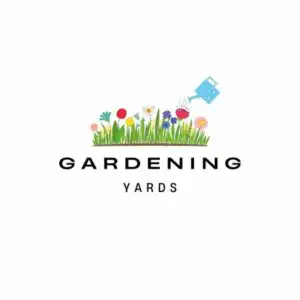
Have you ever contemplated watering your vegetable garden with saltwater, possibly due to a shortage of freshwater or mere curiosity? Understanding how plants react to saltwater can provide insight into the survival mechanisms of plants and reveal potential agricultural practices.
Saltwater can cause osmotic stress in most vegetable plants, leading them to dehydrate and eventually die. This phenomenon occurs because the high salt concentration in the water draws moisture out of the plant cells, a process known as osmosis. Consequently, the frequent use of saltwater for irrigation can lead to soil salinity, which further restricts the plant’s ability to access freshwater.
In the following sections, we’ll dive deeper into the impact of saltwater on plants, discuss instances where salty water may be suitable, and provide alternative solutions for areas with water scarcity.
How Does Saltwater Affect Vegetable Plants?
Saltwater’s high saline content can severely impact a vegetable plant’s growth and yield. When you water plants with saltwater, two main issues arise:
- Osmotic Stress: As mentioned earlier, the salt in the water causes the cells of the plant to lose water, leading to dehydration. This is due to the process of osmosis where water moves from an area of low salt concentration (inside the plant) to an area of high salt concentration (outside the plant).
- Soil Salinity: Continuous use of saltwater will lead to an accumulation of salts in the soil. High soil salinity can damage the soil structure, making it harder for plants to absorb nutrients and water.
Are There Any Plants That Can Tolerate Saltwater?
While most common vegetables struggle in saltwater, some plants have evolved to thrive in salty environments. These plants are known as halophytes. Examples include:
- Salicornia: Often referred to as sea asparagus or glasswort, Salicornia is a succulent that grows in salt marshes. It’s edible and is used in various dishes around the world.
- Sea Kale: This plant grows along the coasts of Europe and is sometimes used as a vegetable in culinary dishes.
However, it’s essential to understand that while these plants can tolerate saltwater, most traditional vegetables like tomatoes, lettuce, and beans cannot.
Alternatives to Saltwater for Irrigation
If you’re facing water scarcity, instead of resorting to saltwater, consider these more sustainable alternatives:
- Collecting Rainwater: Installing rainwater harvesting systems can provide a steady supply of water for your garden.
- Drip Irrigation: This method uses a fraction of the water that traditional irrigation methods do, delivering water directly to plant roots.
- Mulching: Applying a thick layer of organic mulch can help retain soil moisture, reducing the need for frequent watering.
Conclusion – The Risks of Using Saltwater on Vegetables
In essence, watering vegetables with saltwater is not a sustainable practice. While saltwater’s impact might not be immediate, over time, it can lead to reduced plant growth, dehydration, and increased soil salinity. For those in areas with water scarcity, it’s essential to explore alternative water sources or efficient irrigation methods to maintain a healthy garden. Always remember, a plant’s health is as much about the quality of water as it is about the quantity.
